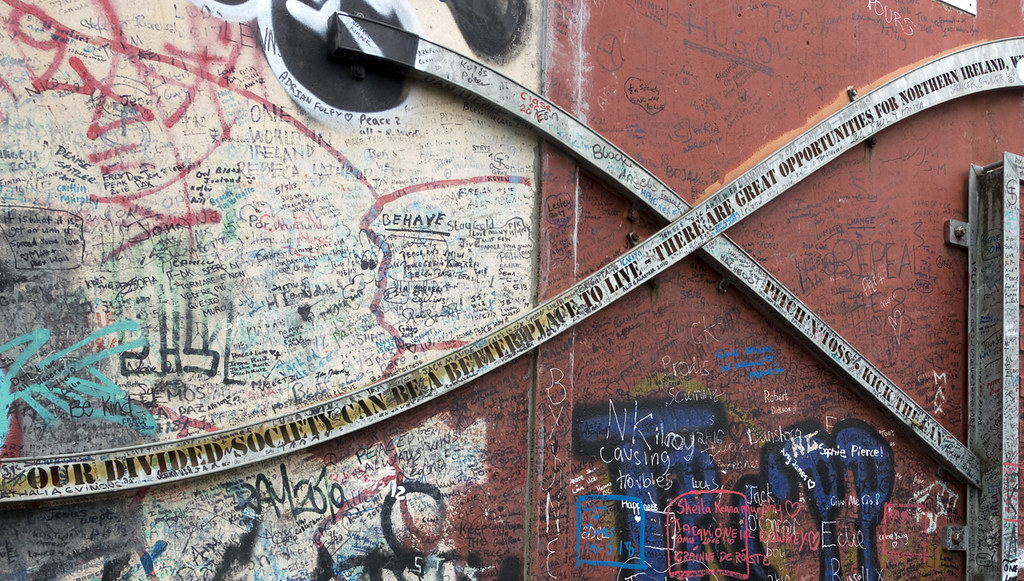How can we promote and create social cohesion in a diverse society?

Applied research
Description
In a world increasingly shaped by mobility, migration, globalization, digital communication, and generational shifts, diversity has become a defining feature of modern societies. People differ not only in ethnic, religious, and cultural backgrounds, but also in gender, sexuality, socioeconomic status, political ideology, and life experience. While this richness can fuel creativity, innovation, and resilience, it also brings challenges. Rising inequality, populism, mistrust in institutions, and experiences of exclusion or discrimination have fueled fragmentation, polarization, and, in some cases, extremism.
Social cohesion is not about uniformity, but about connection, when people across different backgrounds feel safe, respected, and part of a shared societal project. Cohesive societies are marked by trust, solidarity, shared values, and meaningful participation. The question is how to build such cohesion in increasingly pluralistic and complex societies, especially in the face of ongoing crises such as wars, climate migration, economic instability, and culture wars.
This challenge invites students to critically explore the conditions under which diverse societies can thrive. What narratives do we tell about belonging and citizenship? What role do education, politics, media, institutions, and communities play in either strengthening or weakening cohesion? How do we move from passive tolerance toward active inclusion and mutual understanding?
The main goal to this challenge will be to investigate the issue of social cohesion and how it can be achieved in nowadays Western society.
Perspectives and possible directions
Current developments in movements such as Black Lives Matter, #MeToo, anti-colonial movements, movements for LGBTQ+ rights and women’s rights, but also the widening of income disparities and political power plays in the Western world, have made even more clear that we operate in a world where there is a lot of diversity, but also still a lot of inequality and friction. The Covid-19 crisis, the war in Ukraine and the Israeli–Palestinian conflict has made this even more apparent.
Interdisciplinary research is the only way to explore the question of social cohesion in a diverse society. Expertise is needed in such fields as sociology, law, social studies, religion, history, didactics, philosophy, educational theory, and psychology.
Some suggestions for potential angles for exploration include
-
Explore how education can support intercultural understanding, reduce prejudice, and foster civic responsibility. What curricula, pedagogies, or school policies help bridge difference and foster belonging?
- Examine the impact of digital culture, filter bubbles, and online polarization on societal fragmentation. Can digital tools also be used to foster empathy, dialogue, and collective action? With social cohesion being increasingly shaped online, we need to understand how do platform designs influence division or connection? Can psychological design choices help create more inclusive digital communities?
-
Investigate how media narratives, social platforms, or political rhetoric shape perceptions of “us” and “them.” How do language, representation, and framing influence social trust or polarization?
- What styles of leadership (transformational, servant, inclusive) are most effective in building trust and solidarity across group boundaries, both in business and society at large? Consider how leaders can act as cohesion catalysts.
- Examine how companies, especially social enterprises or B Corps, are actively shaping inclusive local communities. How can business models be designed with cohesion as a core value?
- Explore how public trust in institutions (governments, media, businesses) can be rebuilt in diverse societies. How do fairness, transparency, and representation influence perceived legitimacy?
- How can nudges and behavioral interventions be used to reduce unconscious bias and foster more inclusive interactions in classrooms, workplaces, or public spaces?
- Investigate how the physical layout of cities, public transport, housing, or recreational spaces can either enable or hinder interaction between groups. How can urban planning contribute to social cohesion in multicultural communities?
-
Examine how legal systems can both reflect and enforce social cohesion, through anti-discrimination laws, equal opportunity frameworks, or restorative justice practices. What legal reforms could reduce inequality and foster trust?
-
With Baby Boomers, Gen X, Millennials, and Gen Z all active in society and at work, how can we bridge generational value gaps? What tensions and opportunities arise in multigenerational contexts?
-
Analyze how societies remember (or forget) painful chapters such as colonialism, slavery, or systemic exclusion. What role does historical recognition play in healing divisions and building cohesion? How do communities recover psychologically from shared crises such as conflict, pandemics or migration? What role can institutions, businesses or education play in rebuilding social trust and shared purpose?
- Explore tools from peace studies and conflict resolution to address emerging tensions in diverse communities. What early warning signs can help predict breakdowns in cohesion? What preventive strategies work?
